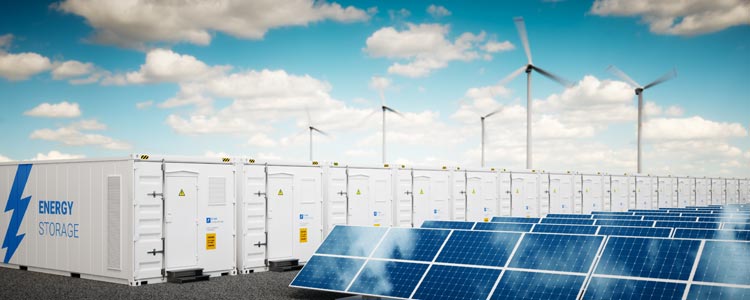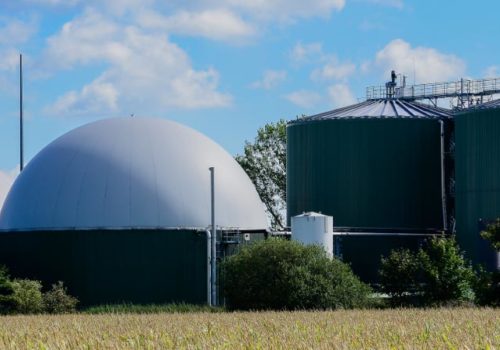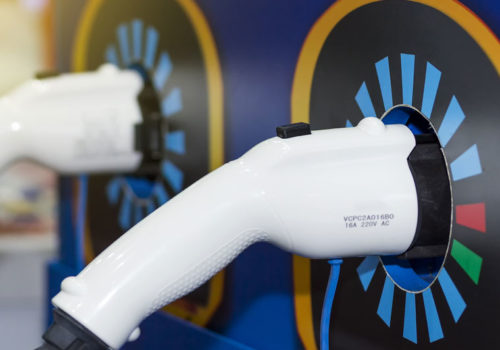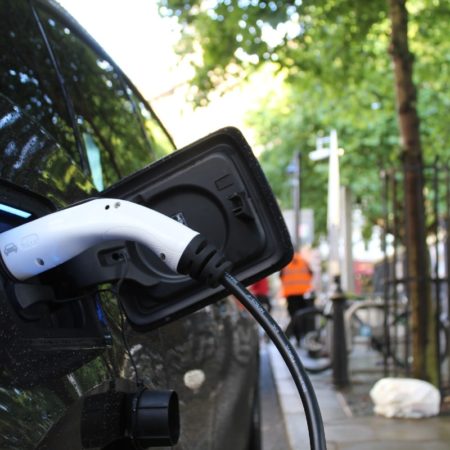Whilst it might seem strange, a solid definition for a net zero business, in spite of burgeoning global targets towards the aspiration, still appears lacking. What to do?
Let’s be clear on the outset – what is net zero?
Net zero means as a country the greenhouse gases we emit through our activities (manufacturing, working, consuming, transport etc) do not exceed the gases removed from the atmosphere – making the overall net zero emissions.
Read all our FAQs to get you started.
So, what is a net zero business then?
Very often, in environmental spheres, something of a discord exists when it comes to a precise definition of what we mean by net zero, a net zero business or a net zero operation.
Part of the challenge is simply that the thinking and the terminology are new. Another challenge is that the science behind tackling climate change is constantly evolving, so differing universities, countries, governments and scientists often have their own conceptions of what the truest definitions are.
The problem for the aspirational low carbon corporate is plain, and indeed, many are calling out; ‘Give us a definition we can use to align our path as a net zero business.’
Without standardised definitions, different corporates and industries have to do their best to navigate this complex territory on their own. Standardisation is plainly a much-needed addition to net zero UK progress.
Where are we now?
On a general level, the definition of net zero is a fairly simple concept: ‘net zero’ means achieving an overall balance between greenhouse gas emissions produced and emissions taken out of the atmosphere, also known as carbon removal.
But as yet, there’s no commonly agreed definition of a net zero company, despite the growing number of net zero aspirations. The Science Based Targets initiative (SBTi) acknowledges the challenge: “Within the corporate context, however, the definition is not so clear, leading to significant confusion and inconsistent claims. Without a common science-based definition of what constitutes a “net-zero” target, companies and their stakeholders can’t be sure that their long-term climate targets are credible or ambitious enough.”
The SBTi has launched a stakeholder-informed process to develop a framework to enable companies to set robust and credible net-zero targets in line with a 1.5°C future. We’re awaiting publication of a forthcoming paper, so watch this space.
 A further word on the complexities
A further word on the complexities
Perhaps a useful way to illustrate the challenges with achieving a single global definition for business is to pick some SBTI examples. It notes; ‘Arcelormittal, the world’s largest steel producer, has committed to achieve carbon neutrality in Europe by 2050,’ setting a so-called ‘geographical’ boundary for net zero.
Contrastingly, Volkswagen has committed to be a CO2 neutral company by 2050, including all production and vehicles, a ‘value-chain’ way of assessing things.
And Bosch has committed to achieve carbon neutrality by 2020 for its global operations, including over 400 manufacturing, research and administrative facilities across the globe, with ‘operations’ as its key metric for action.
Were they not already apparent, the complexities for corporates seeking a simple definition for action should by now be clear. All these firms are using different criteria to drive how they move forwards.
What happens next?
Probably the best advice for UK corporates is to step up internal thought leadership and research divisions, and hire an energy and carbon consultant to guide you through the journey, to help you actually start doing something on net zero in the absence of official guidance that can be applied stringently to regulative demands.
PRI notes that in 2019, firms at the scale of Nestle, Quantas, Respol and Duke Energy all set up commitments to net-zero emissions by 2050. Their complete market capitalisation represents some $409 billion, a staggering amount of corporate firepower aimed squarely at hitting net zero targets.
The upshot; we may not yet, in the UK or globally, know precisely what a net zero company really is. But the leaders across a myriad of sectors are getting on with the work required to deliver genuine climate improvements regardless. And that should be the message that shines through.




 A further word on the complexities
A further word on the complexities



















